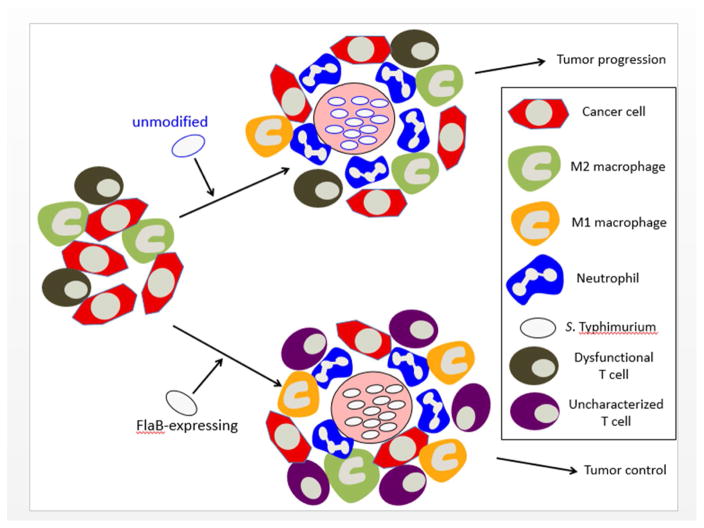Figure 1. Tumor-Trophic FlaB-Expressing S. Typhimurium Induce Changes in the Tumor Microenvironment, Contributing to Antitumor Activity.
Upon intravenous injection in mice bearing tumors, S. Typhimurium bacteria induce a central necrotic core in tumors where they reside, recruiting high numbers of tumor-infiltrating neutrophils. The neutrophils form a “wall” such that the bacteria are separated from the viable tumor rim. Unmodified bacteria fail to control growth of the viable tumor rim, which is associated with the impaired effector functions of tumor-infiltrating CD8+ T cells (dysfunctional T cells). However, when attenuated bacteria express FlaB, an additional significant proinflammatory change occurs, where immunosuppressive M2 macrophages are replaced with immune-activating M1 macrophages. This treatment has been associated with durable tumor control; however, the precise role of T cells in this model remains to be defined (uncharacterized T cells).

